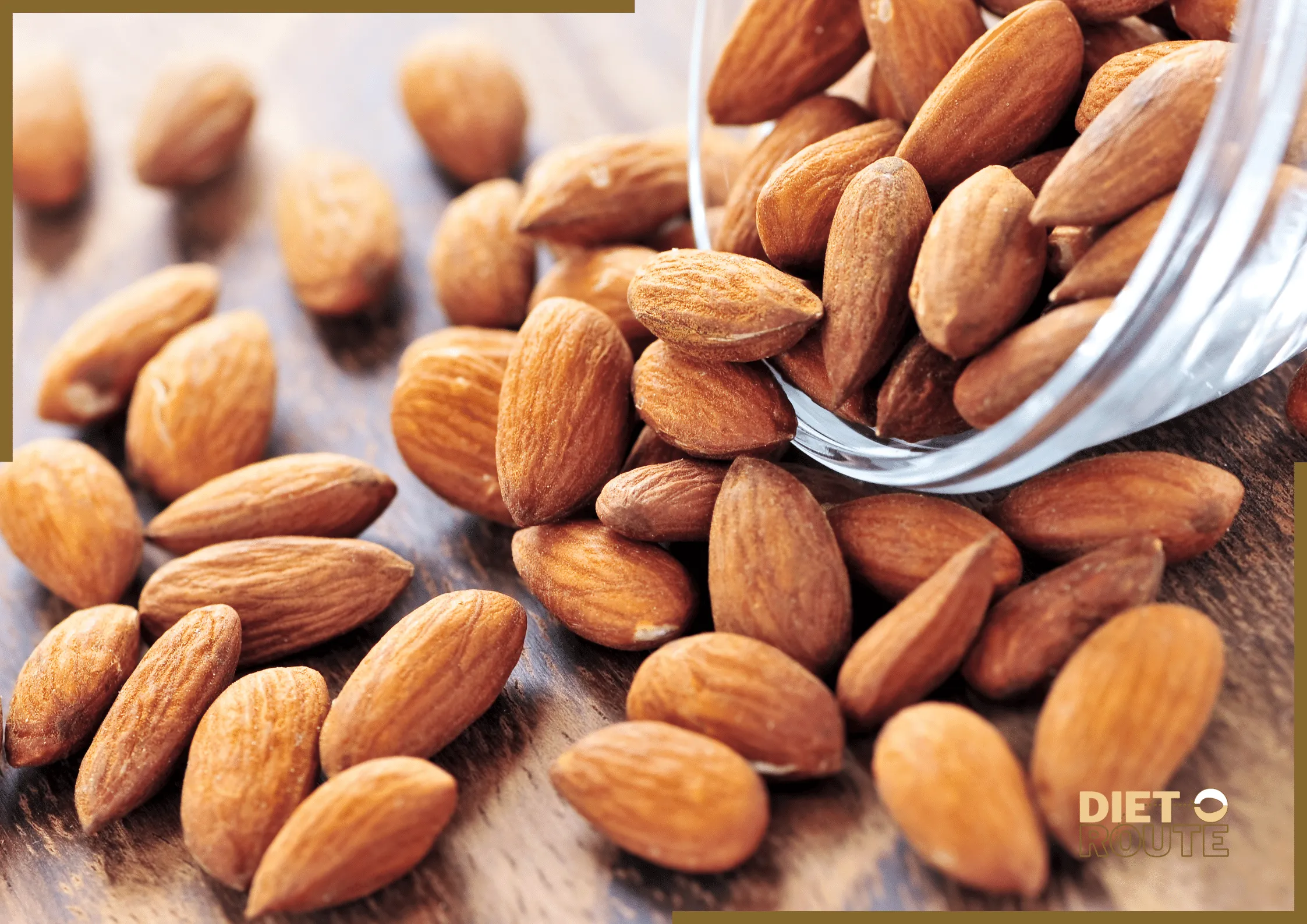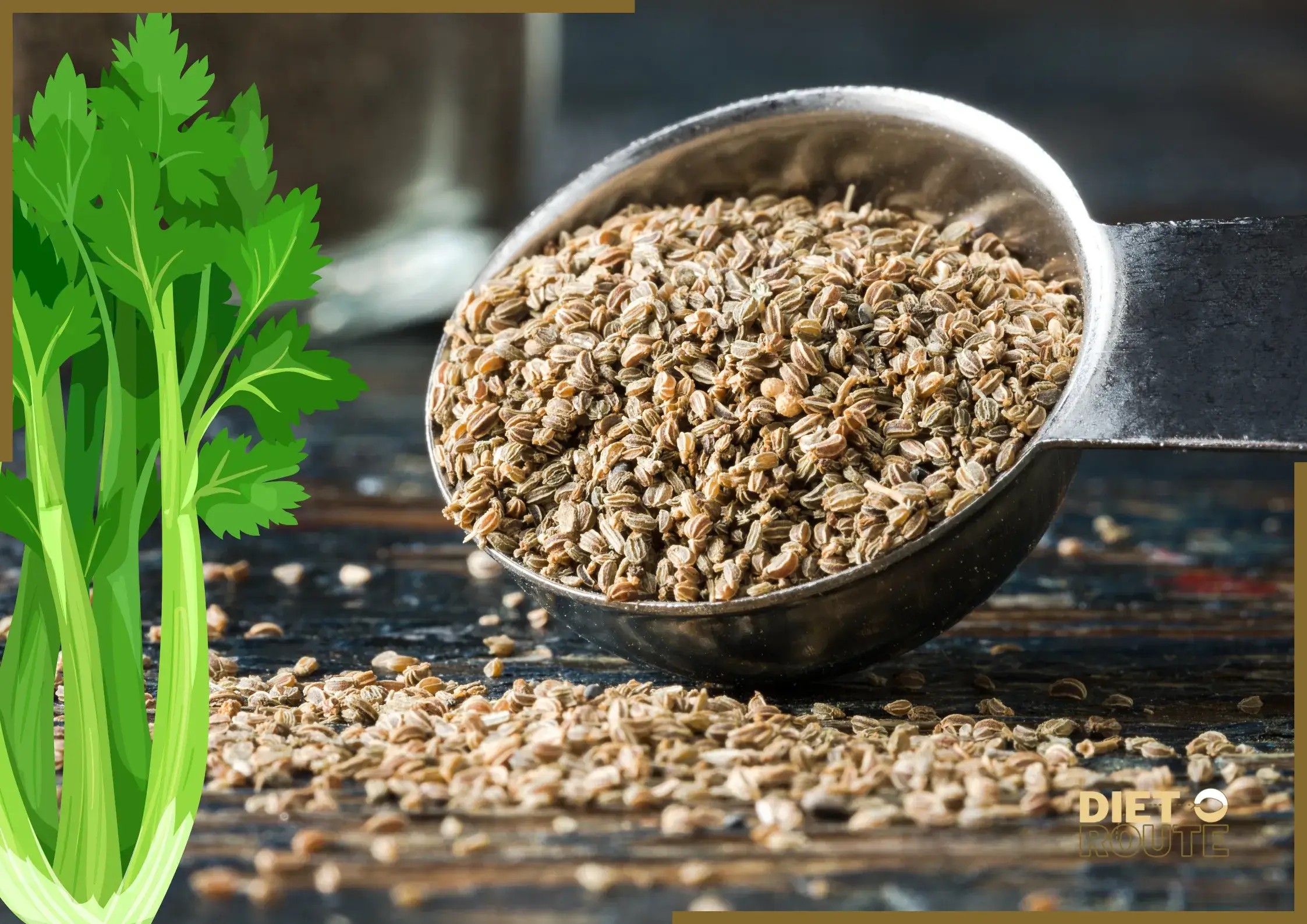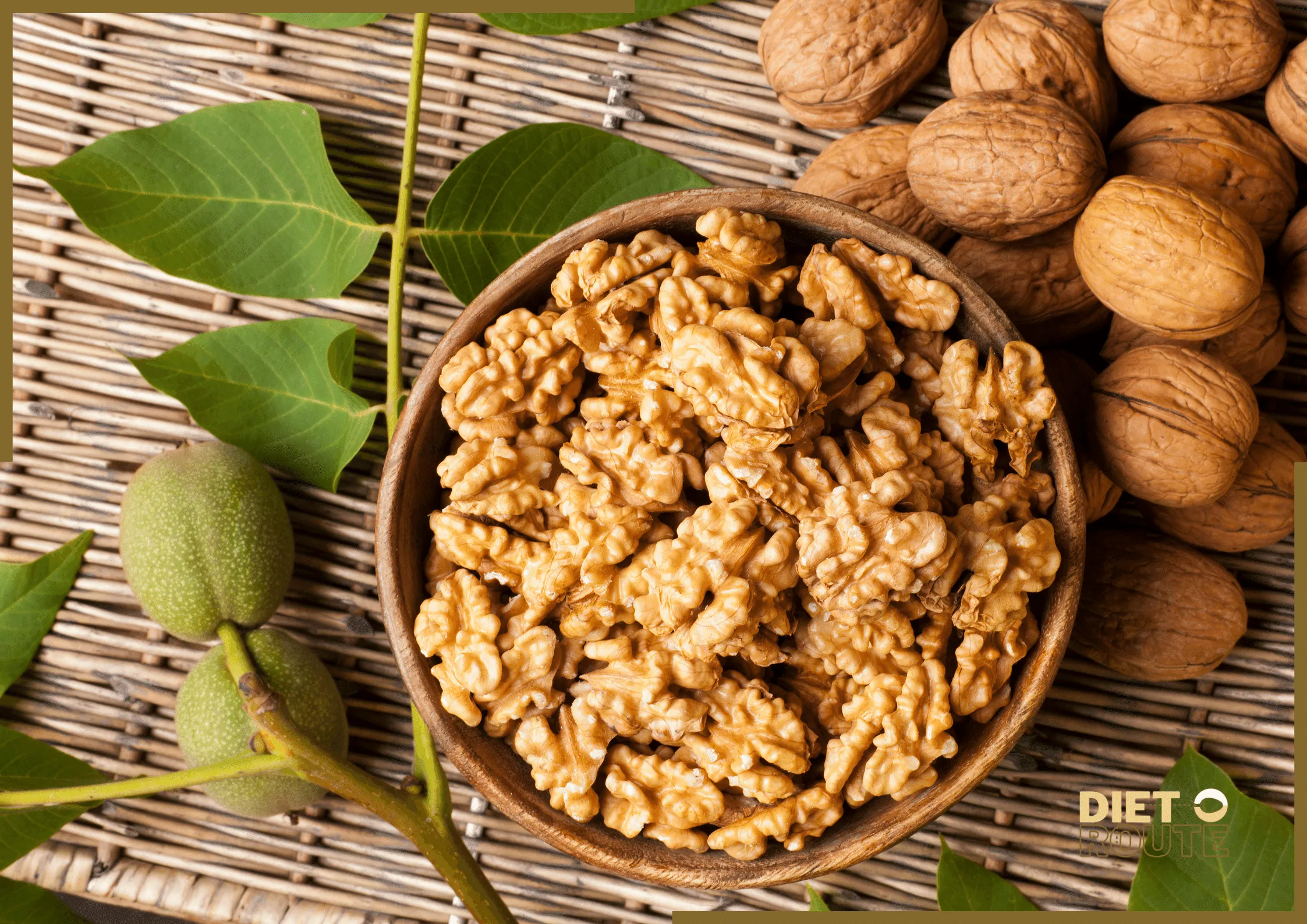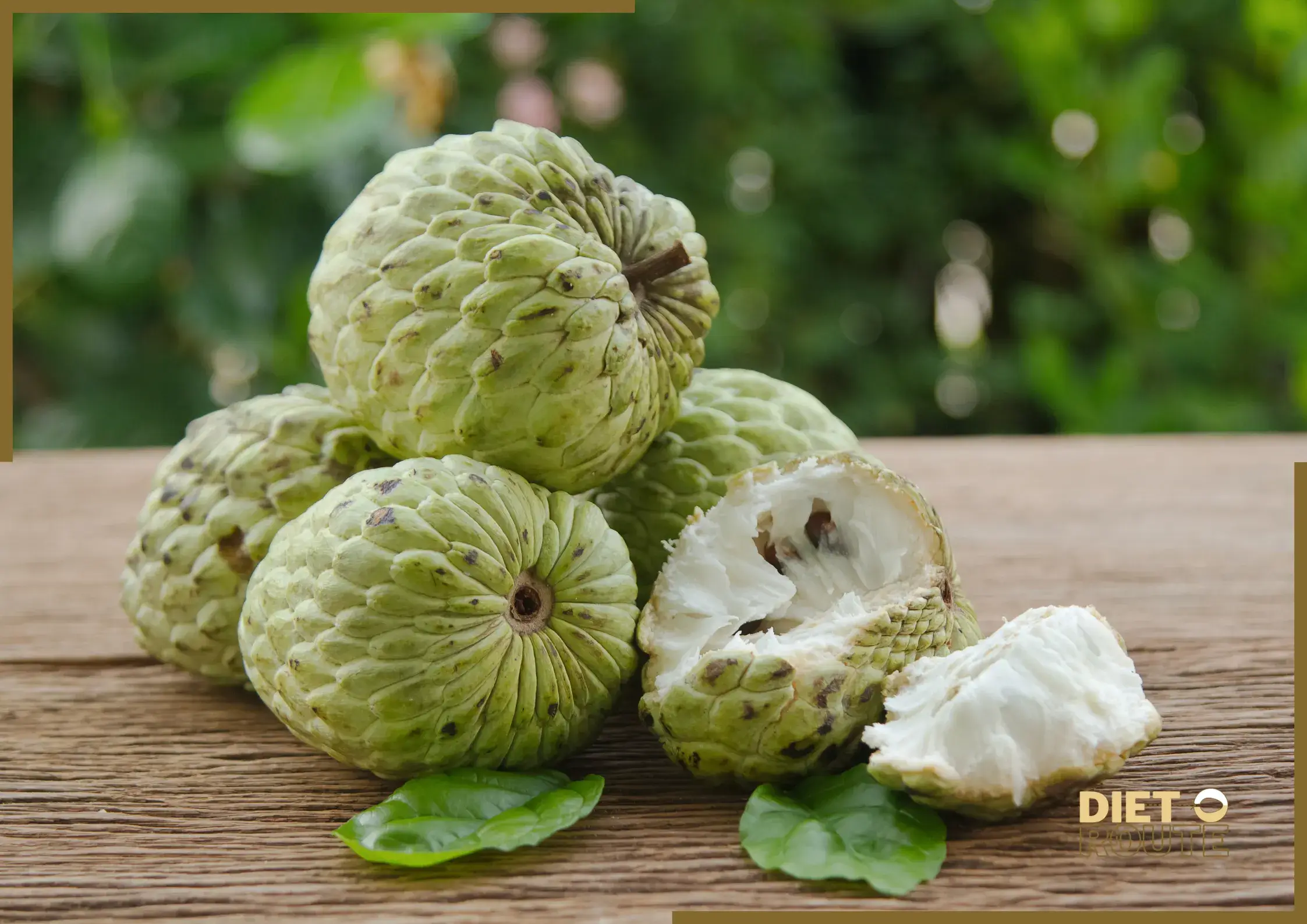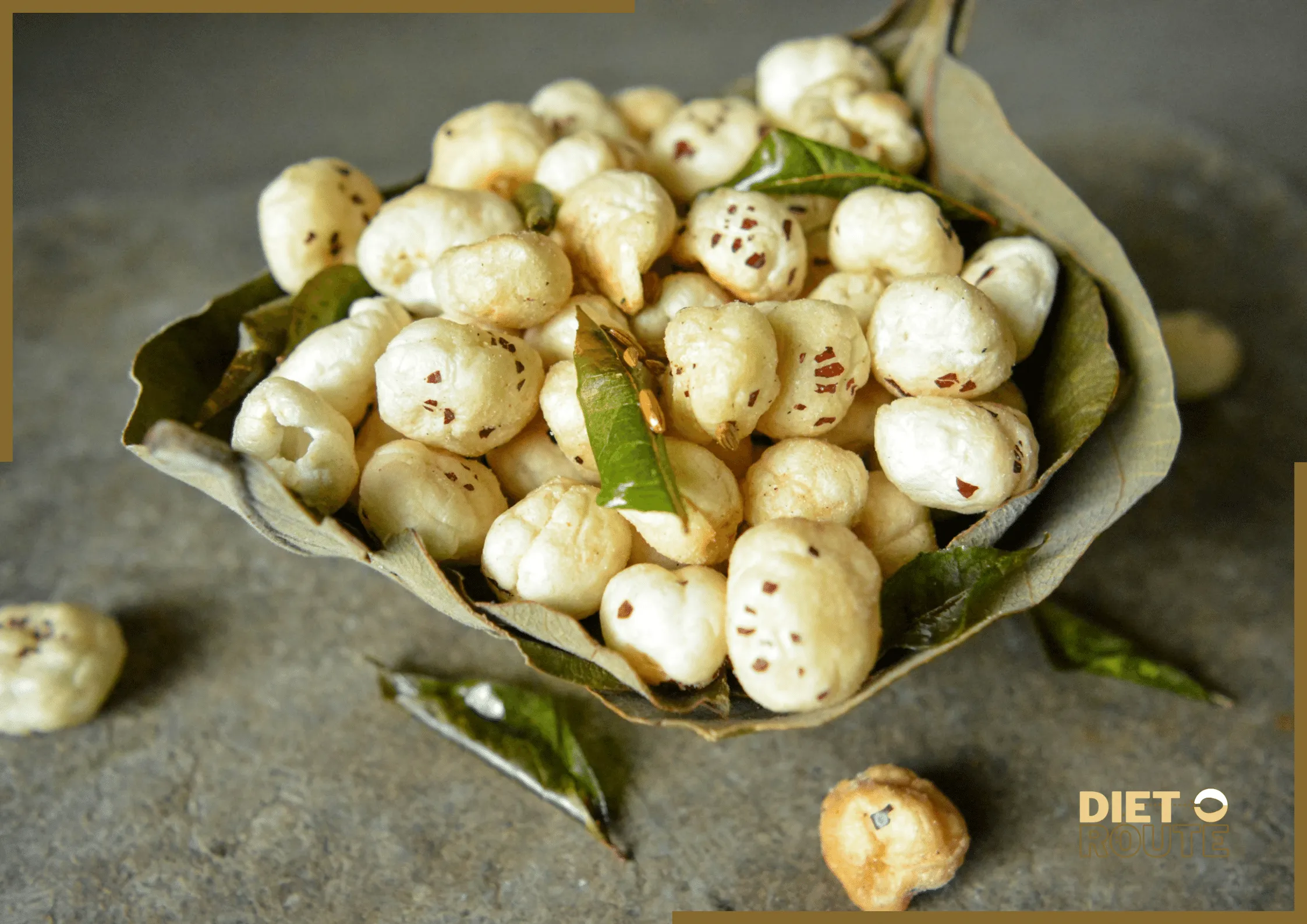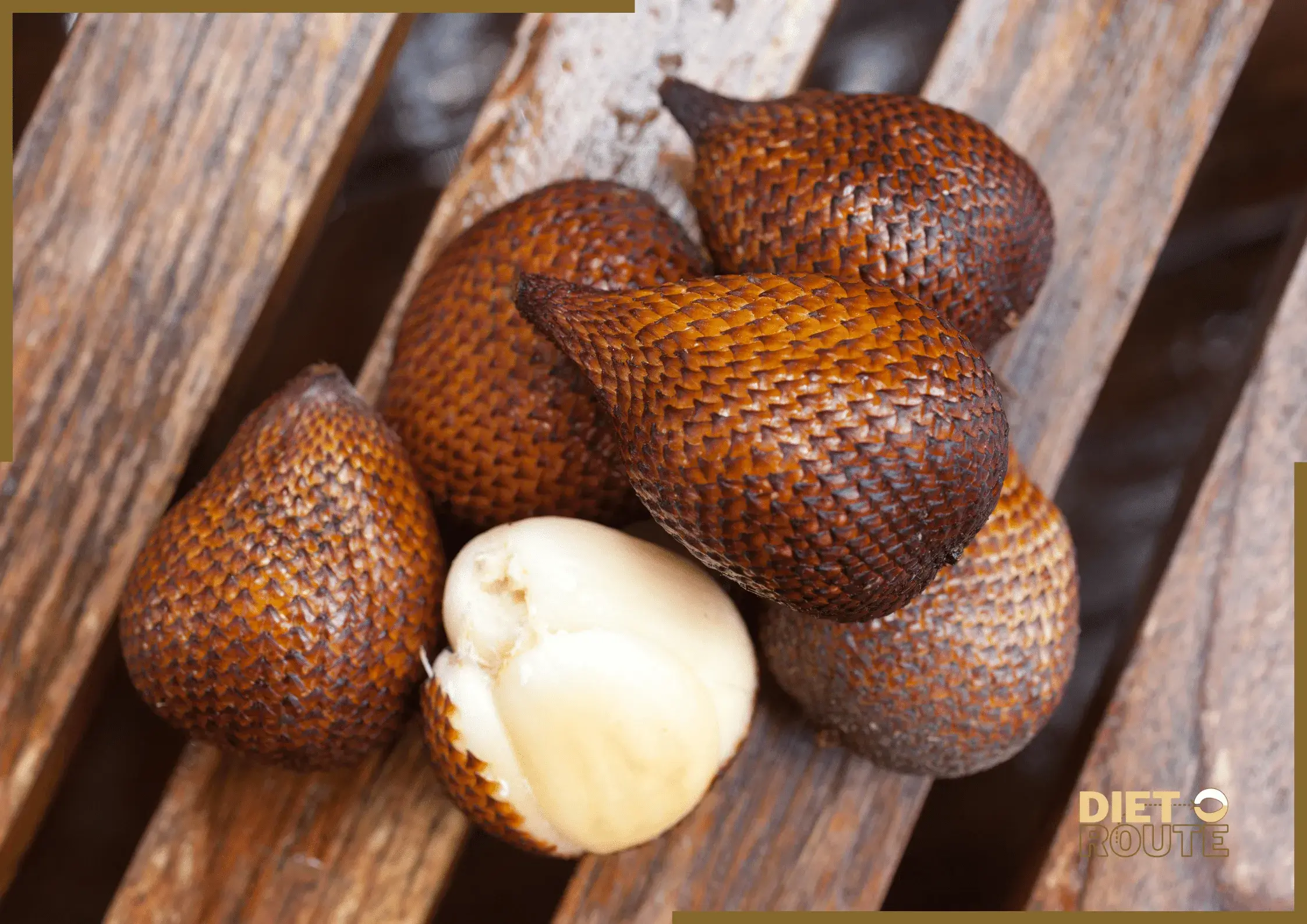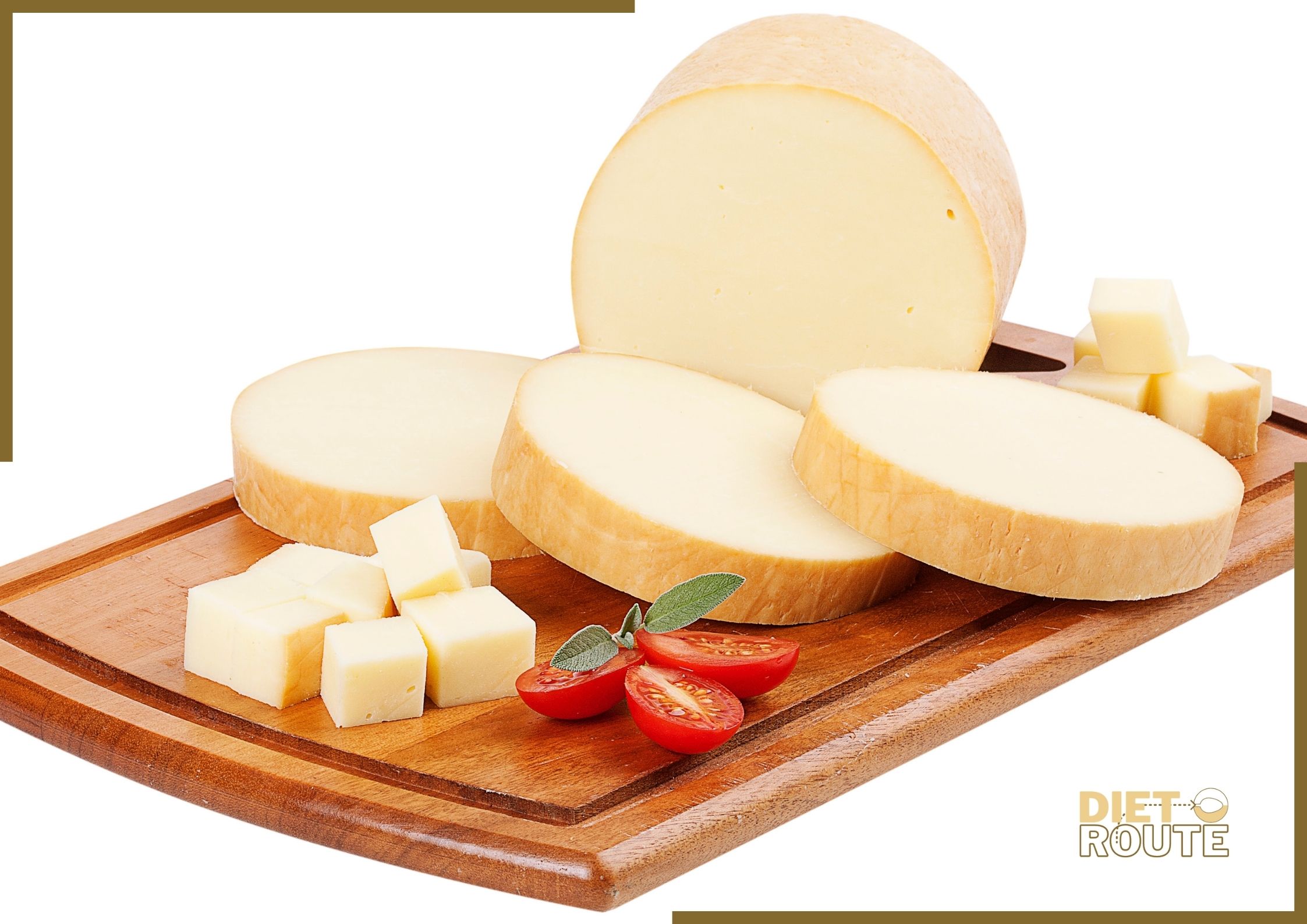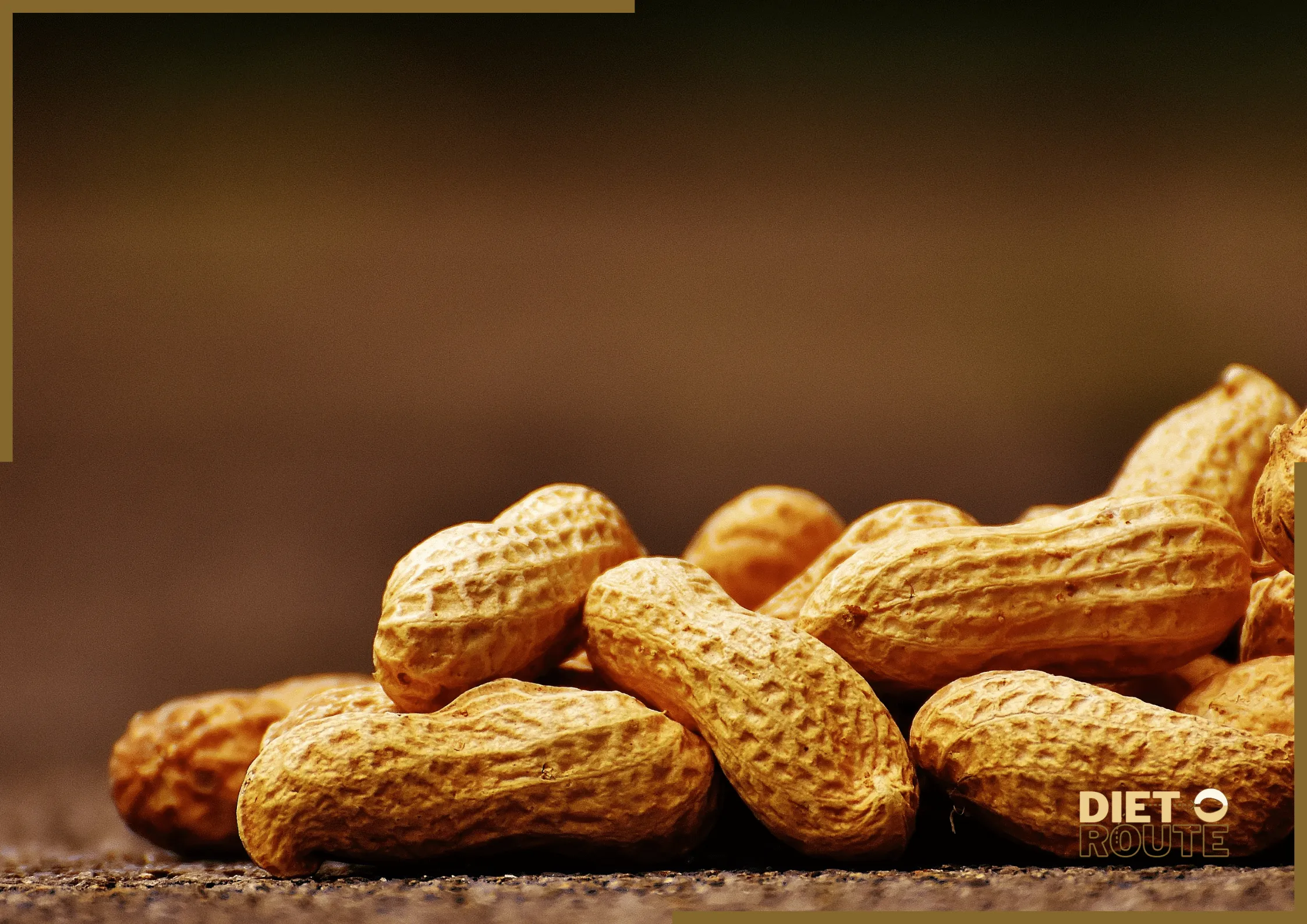Table of Contents
Introduction
Almonds are a highly sought-after and nutritious type of tree nut that is commonly consumed due to their numerous health advantages. This article presents the nutritional value in a tabular format, complete with the % daily value, for your convenience. In this article, we’ll explore the advantages and disadvantages . Additionally, we’ll provide answers to ten commonly asked questions (FAQs) regarding almonds. Explore the nutritional advantages and factors to consider when incorporating these healthy nuts into your diet.
Nutritional Value Approximately 100g
The values provided are approximate can vary depending on the size and ripeness.
| Nutrient | Amount Per 100g | % Daily Value* |
|---|---|---|
| Calories | 576 kcal | 29% |
| Carbohydrates | 21 g | 7% |
| Fiber | 12 g | 48% |
| Sugars | 4.2 g | – |
| Protein | 21 g | 42% |
| Fat | 49 g | 75% |
| Vitamin E | 26.2 mg | 174% |
| Magnesium | 268 mg | 67% |
| Calcium | 264 mg | 26% |
| Iron | 3.7 mg | 21% |
*Percent Daily Values (% DV) are based on a 2,000-calorie diet.

Pros
1. Almonds contain vital nutrients such as protein, fiber, healthy fats, vitamin E, magnesium, and calcium.
2. They are heart-healthy due to the presence of monounsaturated fats that can potentially decrease bad cholesterol levels and minimize the likelihood of heart disease.
3. They are a great source of protein, fiber, and healthy fats that can help you feel full and support your weight management goals.
4. They possess antioxidant properties due to their high content of vitamin E, which aids in safeguarding cells against oxidative harm.
Cons
1. This healthy nut have a high calorie density, making it crucial to practice portion control, particularly for those following a calorie-restricted diet.
2. It is possible for certain individuals to have an allergic reaction to almonds. In case of any allergic reactions, it is recommended to consult a medical professional.
Frequently Asked Questions (FAQs)
1.Are almonds a high protein food?
They are an excellent plant-based protein source, making them a perfect fit for vegan and vegetarian diets.
2. Can Almonds Aid in Reducing Cholesterol Levels?
They are a great source of healthy fats and fiber, which have been associated with enhancing cholesterol profiles and decreasing the likelihood of heart disease.
3. Are Almonds Good for Brain Health?
They are a great source of brain-boosting nutrients such as vitamin E and magnesium that are linked to cognitive function and overall brain health.
4. Can almonds help with weight loss?
They are a great addition to any weight loss plan due to their high protein, fiber, and healthy fat content. These nutrients work together to promote a feeling of fullness, helping to curb cravings and support weight loss efforts.
5. Is it possible to incorporate almonds into a gluten-free diet?
They are a great gluten-free option for those who are following a gluten-free diet as they are naturally free of gluten.
6. Is it safe to eat almonds while pregnant?
During pregnancy, they can be a great source of essential nutrients such as folate, vitamin E, and magnesium, making them a nutritious choice.
7. Can people with diabetes eat almonds?
They are a great snack choice for people with diabetes due to their low glycemic index, as long as they are eaten in moderation.
8. Are roasted almonds equally nutritious as raw ones?
Roasted ones retain most of their nutritional benefits, although their vitamin E content may be slightly lower than that of raw ones.
9. What is the best way to store almonds for optimal freshness?
They can be kept fresh and prevent rancidity by storing them in a cool and dry place in an airtight container.
10. Is almond milk a viable replacement for dairy milk?
The milk of these nuts is a great dairy milk substitute for those who are lactose intolerant or following a vegan diet.
In a Nut Shell
Almonds are a highly nutritious and versatile food that provides numerous health benefits. Rich in protein, fiber, healthy fats, vitamin E, and magnesium, they are an excellent source of essential nutrients. Adding them to your diet can promote cardiovascular health, assist in weight management, and offer antioxidant benefits. It is crucial to moderate the consumption because of their high calorie density. For individuals with allergies or dietary restrictions, it is recommended to seek advice from a healthcare professional.
